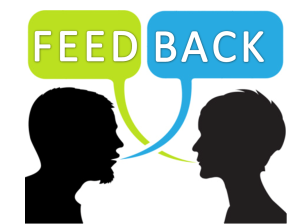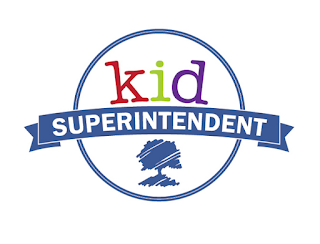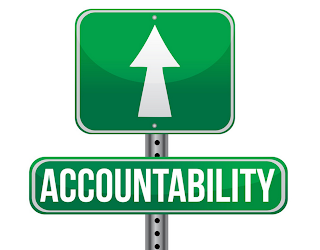In our undergraduate courses we all learned about summative and formative assessing. We've also all been to conferences or events that have emphasized the importance of many small assessments to drive our instruction rather than waiting until the end when it may be too late.
 |
| http://goo.gl/uGxor1 |
Though I think this has all been with good intention, we may have been missing the most important part of formative assessing and feedback.
See, when we focus on this more timely and frequent feedback to change and adjust our instruction, we are focusing on the teacher side of things.
The true beauty and value of more frequent and timely assessments is not just to help guide and drive our instruction,
it's to provide frequent and timely feedback for our students so they can take more ownership and control over their learning.
As Marzano so simply stated,
"The most powerful single innovation that enhances achievement is feedback."
Flip the scenario... why would any teacher want to use frequent formative assessments?
They are looking for
feedback and input to help guide and drive their instruction to hopefully improve student learning.
Now, while we are on the topic of formative assessments, I want to make a few things clear about what formative assessing really is:
Formative assessments are
fluid and flow seamlessly in the learning process because
they are a part of the learning process. Most situations involving formative assessing
are not and shouldn't be for a grade. Formative assessing is
similar to what happens in real-life, thus students and their learning won't even skip a beat.
Formative assessing would be like going to the doctor for a
preventative check-up and finding out you have high blood pressure. At this check-up you would get
feedback and input on how to lower your blood pressure. Formative assessments keep you off the autopsy table when it's too late
to fix or prevent the damage.
Formative assessing is about
goal-setting and the ownership of the learning process for students via feedback and input both from the teacher and from the students themselves.
Lastly, formative assessing
DOES NOT need to be a traditional type of assessment. It can be something as simple as a thumbs up or down activity or a quick scan of the classroom to check student body language and demeanor. DO NOT think you need to have a quantifiable number spreadsheet to do a formative assessment.
Do yourself a favor and most importantly, do your students a favor by utilizing more formative assessments.
Check out these links with several examples of formative assessments:
54 examples for formative assessments via David Wees
Formative assessment techniques to check understanding
Formative assessment strategies


